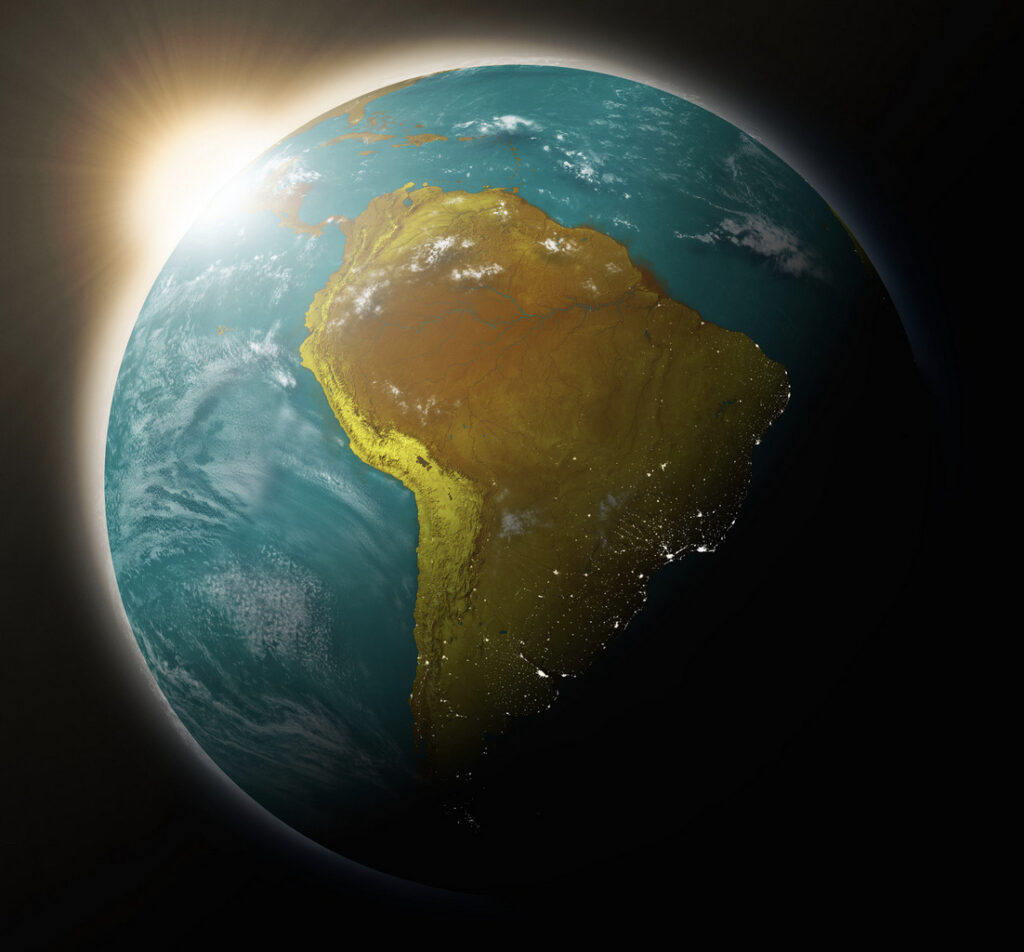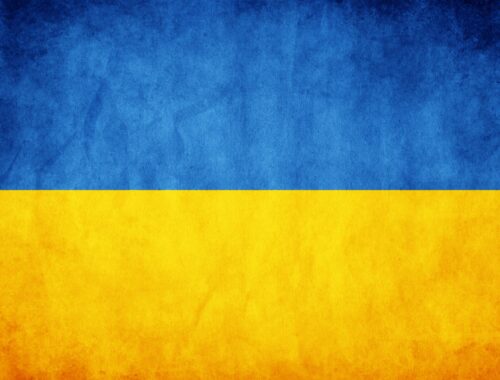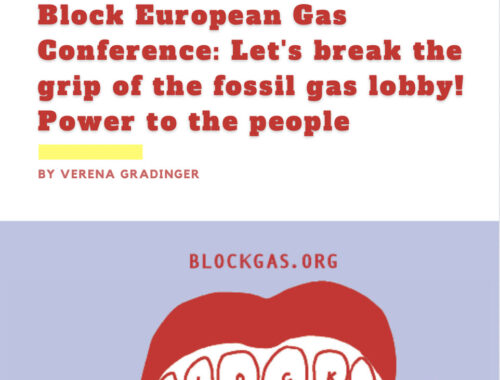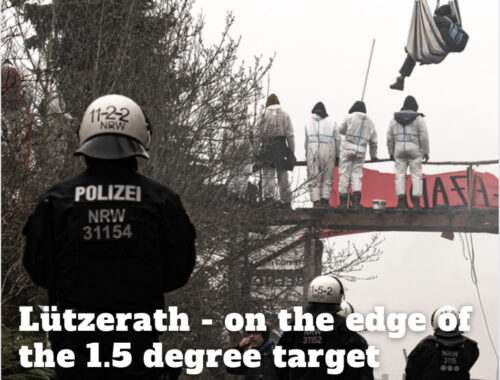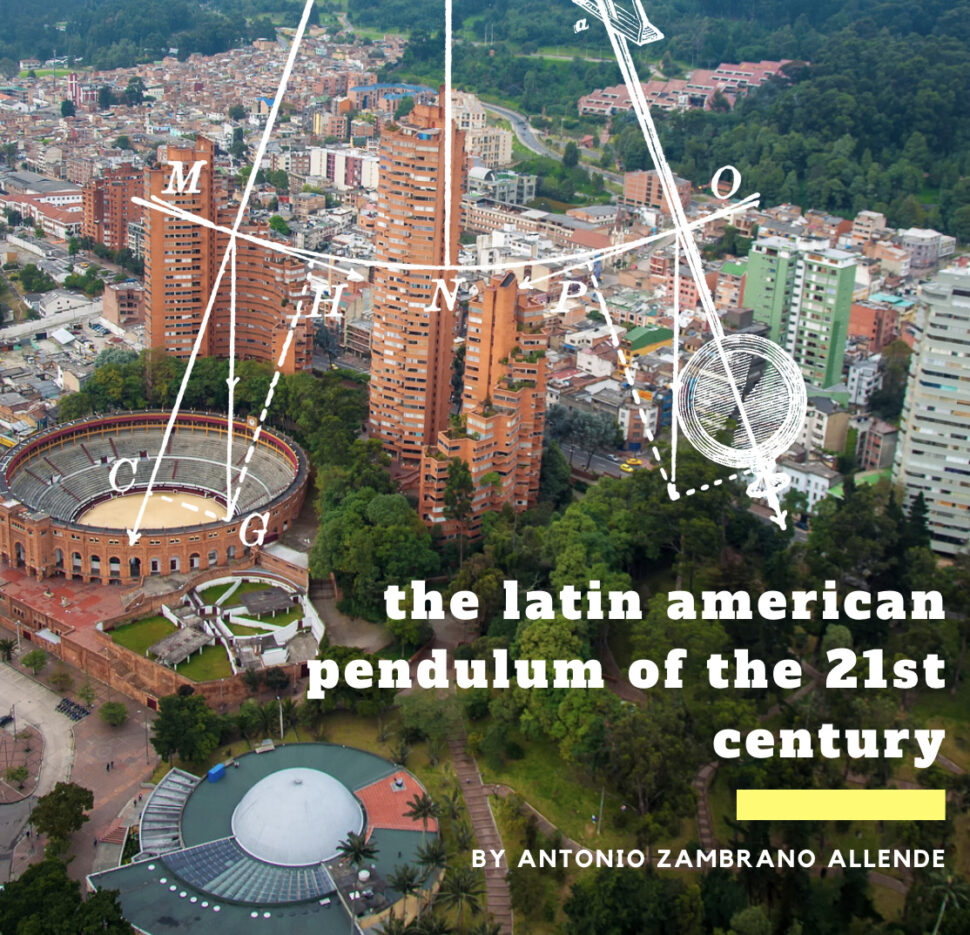
The latin american pendulum of the 21st century
By Antonio Zambrano Allende
The construction of democracy in Latin America has been deeply marked by the attempted formation of its republics, party systems and even its armed forces, under which its nations and popular classes have always remained trampled with little or no political representation.
This formation has been constructed or “guided” both by the local Creole aristocracies, daughters of the Iberian colonial heritage, and by the hegemonic American Monroe Doctrine, which has dominated regional geopolitics. The doctrine is summarized by the sadly famous phrase “America for the Americans”, where the first America speaks of the continent and the second of the rulers of the United States, as well as the “backyard” of the northern power. In other words, it determined the face of its states in the world according to an initial subordination to the needs of the northern metropolis.
The 20th century, with numerous processes of insurgency and rebellion, with terrible dictatorships imposed and overthrown, transformed the face of the region into a space that at the end of the 1990s looked tired, poor and volatile. Although full of ideas from below.
The twenty-first century has taken advantage of the cracks of the crises and has learned to give a quite different face to the region, although no less contradictory. First by bringing Hugo Chavez to power at the end of the last century (February 2, 1999) and by opening a wave of progressive governments born of popular discontent and, perhaps more importantly, of active listening to the progressive and anti-neoliberal popular movements.
Thus we had an Evo Morales in Bolivia, a Lula da Silva in Brazil, a Fernando Lugo in Paraguay, a Nestor Kirchner in Argentina, a Michelle Bachelet in Chile, a Rafael Correa in Ecuador, a Manuel Zelaya in Honduras and even the now controversial Daniel Ortega in Nicaragua, all of them generating a real earthquake in Latin American history and opening a century that showed it could contribute a little of its own to the future.
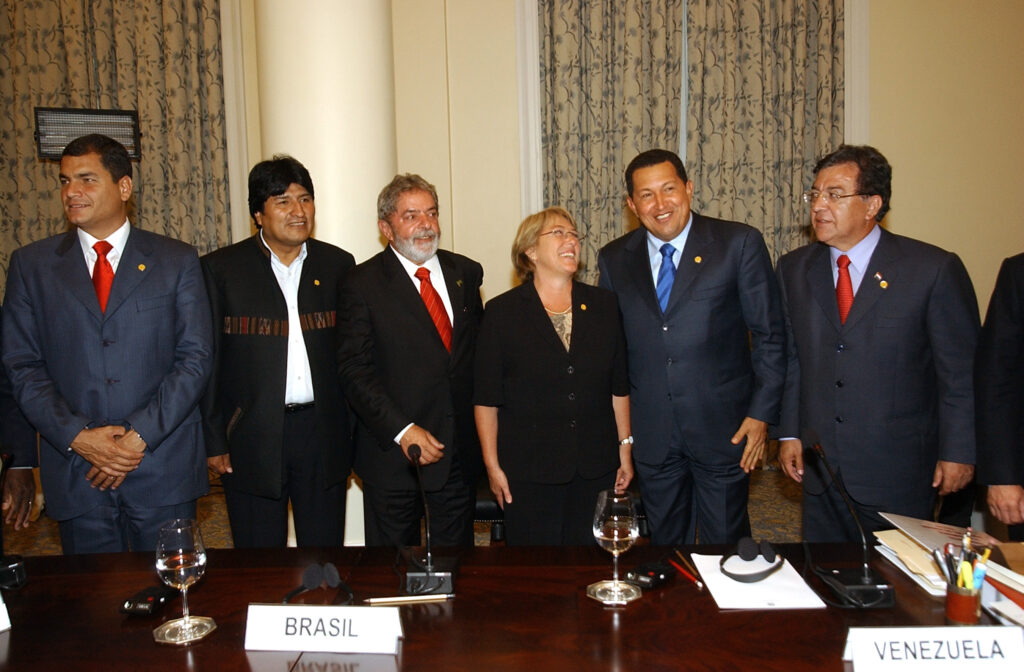
Deepening the region’s weak democracies, solving deep poverty and improving the conditions in which Latin America is inserted in the global context were just a few of the challenges. The global context was perhaps the most complex, as it failed to achieve the regional debate and cohesion necessary to consolidate a common regional position vis-à-vis the global economic system.
The first Latin American Pink Wave or Progressive Wave proposed to put the brakes on neoliberal processes. This was done, however, without changing the primary export model for the economy. Instead, the Pink Wave changed the role of the State to improve people’s lives, lifting millions of people out of poverty and misery, expanding rights and mobilizing popular spaces. The wave even formulated new constitutions that would open regional integration processes very different from those already existing, like Mercosur or the Andean Community of Nations.
The most ambitious regional formula that survived the period was the Community of Latin American and Caribbean States. CELAC is the first 100% Latin American regional integration space, which encompasses the 33 free countries of the region and which in turn is based on a progressive logic and explicitly excludes the United States and Canada.
These processes involved intense and differentiated debates from below, and the contact and mobilization of academia, trade unions, unions, movements and organizations as a whole. But there was ferment in the street, neighborhoods, villages and nations within the stagnant republic. This was in a world convulsed by the “clash of civilizations” after September 11 and the “war on terror”.
The legacy of this first decade and a half of the millennium does not escape controversies of all kinds. We should mention the role of Bolivarianism in rethinking regional geopolitics, and the way in which governments such as Dilma Rousseff in Brazil, Fernando Lugo in Paraguay, Evo Morales in Bolivia and Manuel Zelaya in Honduras fell. Morales and Zelaya were victims to “soft coups” well orchestrated by a right wing more linked to the interests of Washington than to those of their nations. Then there was he transformation of the Nicaraguan process into an increasingly authoritarian government. And there was the unforeseen rise of the local ultra-right in different elections, also disputing part of the new popular sentiment and of the new middle classes in the region.
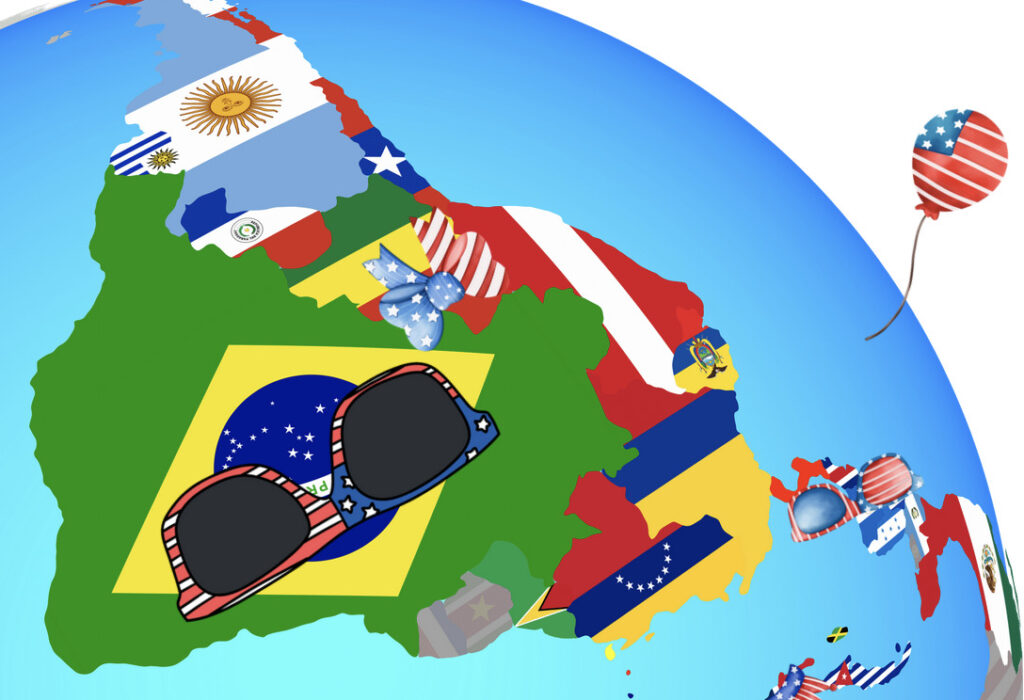
The second wave
Well into the 2nd decade of this century, we are experiencing two macro- political phenomena on both sides of the spectrum. On the one hand, there is the unquestionable opening of a new progressive period marked by different governments in Honduras, Mexico, Colombia and Chile. And it is possible that Brazil will be the next in just a few weeks.
On the other hand, there is the fermentation of a far right with the power to mobilize the masses and radicalization of ideological, media and real violence. This appeals to hate speeches, racism, machismo, xenophobia and even terrorism or assassination.
It has had a most palpable expression in the assassination attempt against the Vice President and former President of Argentina Cristina Fernandez de Kirchner in early September. This was the first real and registered attack, although have already been political threats of this type against many others such as Evo Morales, Pedro Castillo, Francia Marquez or Gustavo Petro.
This opens multiple debates and questions for the immediate future. On the one hand, how to give a different character to the new Latin American progressive wave that overcomes the contradictions that ended it previously? How are the new governments reconnecting with the mass movement and the popular feeling of the majorities? What are the new urgent issues? And where to strengthen the regional bloc in the face of global geopolitical changes?
These and other questions must be weighed as we try to read the path of change of urban and rural movements in our countries, understanding that they have been growing towards platforms and programs much more sensitive to global debates, which put in context their struggles with the struggles in other territories, both for their rights and for the defense of life and along the way, valuing and valuing nature. In other words, it is necessary to identify how our peoples have changed “between waves”.
In the case of Colombia, Chile and I would even dare to say Brazil, with the proximity of the PSOL to Lula’s candidacy, the programs no longer stop only at the historical demands of the working classes for social justice. Now they penetrate into the rights of the peoples and slightly touch new debates in the face of the climate and environmental crisis, positioning the rights of nature as a concrete legal possibility.
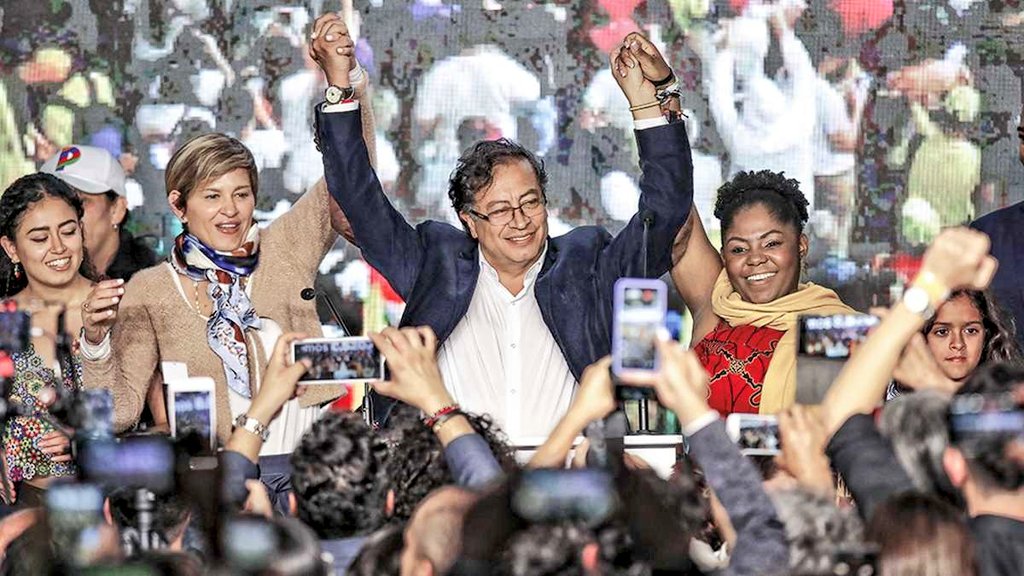
The planet and the pendulum
According to the estimation of the forces of nature that are being forced to provoke the global phenomenon of climate change, the United Nations Intergovernmental Panel on Climate Change (IPCC) points out that we only have this decade to generate great changes in the way we interact with the Earth. However, the calculations to subdue the global political forces to achieve the necessary goals are not estimated by any scientist or political scientist, so for these rational or non-rational changes to be driven by human civilization is even more unpredictable than the transformations and shortages that we will experience during this century if we do not do something about it.
In this sense, in the evolution of global geopolitics, the role of Latin American progressivism in its second wave could contribute much more than expected to redirect policies and agreements. The first test of fire is already being given, Colombia is proposing to promote a process of energy transition for which it intends to open an internal regional discussion that is projected to the world. This will soon be on display at international meetings, both at the United Nations General Assembly and at the Conference of the Parties – COP27 to be held in November in Egypt, as well as at the meetings of CELAC and its ministers in the coming months. It is too early to identify the evolution of progressive governments, but new collective voices in the world from this side of the Global South are anticipated.
Land of opportunities
It must be said that during the 20th century Latin America moved permanently between weak democracies and dictatorships, making the region a bloodbath of blood, misery and frustrations. However, the 21st century threatens with new formulas among which there are possibilities of managing popular governments, but with even greater threats from the extreme right that promote deep setbacks with attacks not only on the lives of the people but also with the destruction of their territories and the destruction of everything in them. Jair Bolsonaro is perhaps one of the most palpable proofs of this and must remain in our memory to judge him and fight his followers.
The tension will be permanent and it is possible that the contradictions will test the mettle of the government coalitions. This has already happened with the hard setback of the overwhelming vote for the rejection of the progressive constitution in Chile, a blow that modifies and delegitimizes the struggle that led Boric himself to the presidency. However, that does not remove Boric from power, but puts him in the conduction of a new process for a new constitutional proposal. Chile is a different country after September 4. Internal questions must be asked about the serious mistakes in the conduction of the process and the weaknesses to represent the feelings of the people. But at the same time we have to weigh the intense activity of the right wing that seeks not only to overthrow the constituent process, but to strengthen itself to return later to the control of power. The 62% of the rejection has already generated the change of three ministers and it is still difficult to identify what other modifications can bring the continuity of the process.
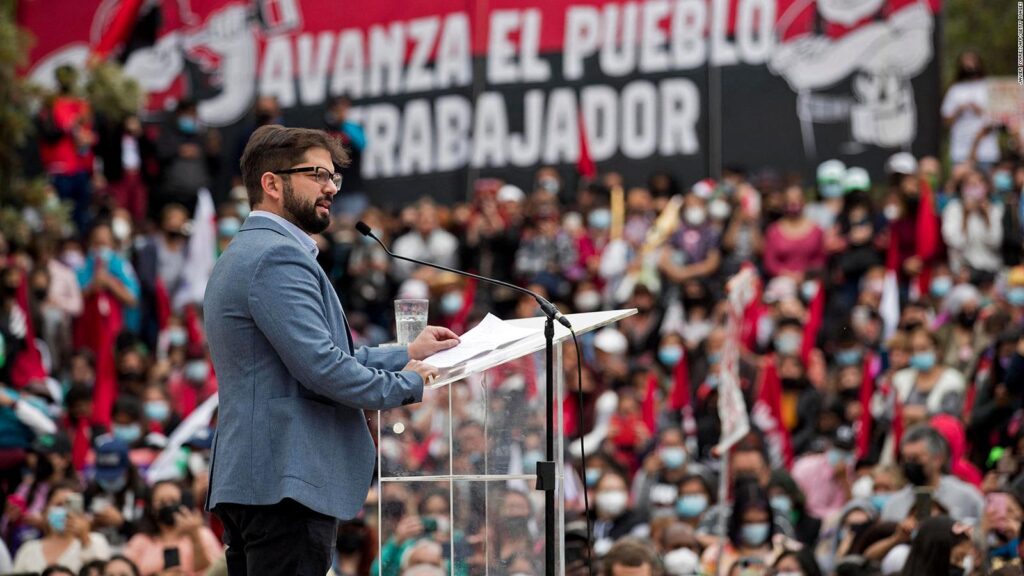
In spite of this, we cannot deny that time is showing that, as in Colombia, the peace process was able to move forward despite the boycott and the bad electoral results. And that it is also possible for the left to recover space in progressive governments. The reality and the political context on which the constituent process is sitting in Chile can still give a second chance to the popular government to establish a mass process that definitively buries the Pinochetist constitution.
Breaking the pendulum and deepening the democratic processes, building multiple ways of facing new party systems, of representations and national processes, could be a central element to be raised in the debates that are beginning to take shape in this new progressive and democratizing wave in the so-called Patria Grande to make it, as Martí would say, even more “Nuestra America” (Our America).
